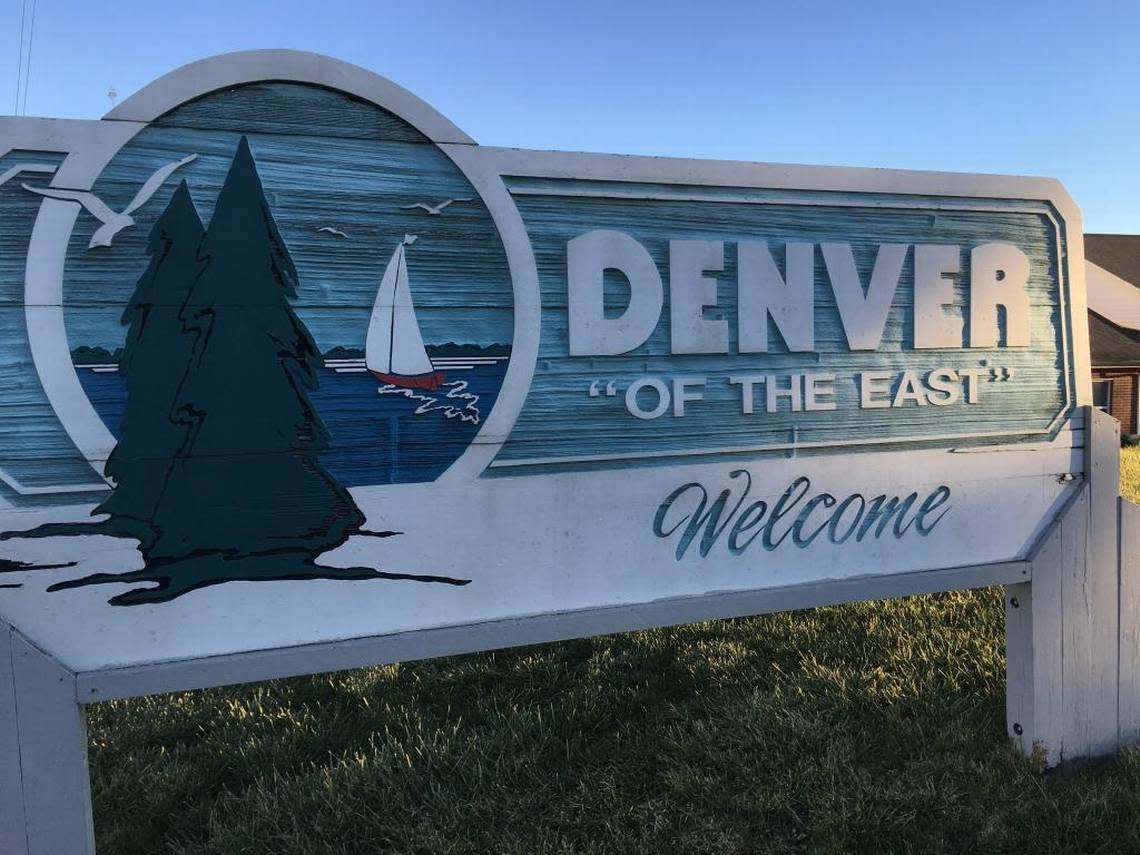‘A big ol’ kick in the gut’: Denver residents balk at property value increases after revaluation

Many Denver residents were outraged after learning the newly assessed values of their homes, with some seeing increases by hundred of thousands of dollars.
The values are a result of the revaluation where Lincoln County assesses property values to redistribute the property tax base. The revaluation aims to match a property’s value to the current market, or the probable price a property would bring in a competitive and open market. Lincoln County performs its revaluation every four years.
Some Denver residents took to social media recently to express their frustration with the revaluations, with one reporting that their property value rose by $600,000, and even at least one county commissioner appealing his revaluation.
“Ours almost tripled!” a Denver resident posted on Facebook. “Our home is 35 years old.”
“With the economy being so bad right now, higher taxes is the last thing any of us needed,” another resident posted. “It’s definitely a big ol’ kick in the gut.”
To offset potential property tax increases, many residents already have appealed their revaluations — including Lincoln County Commissioner Bud Cesena.
Residents can provide “pertinent information” on the appeal form, Cesena said, such as their opinion of the property’s value, and information on remodeling or major improvements to a parcel — but submitting the form doesn’t mean their property’s value will be changed.
“I’m just doing what everybody else is doing,” Cesena said, adding that he has yet to meet with an appraiser for his appeal. “I sent in the form, and I’m just waiting like everybody else.”
SIGN UP: Have The Lake Norman Observer email newsletter delivered straight to your inbox
An uneven tax burden
Though Denver’s population makes up less than a third of Lincoln County’s total population, according to the latest census numbers, 53% of the county’s total tax budget is derived from the unincorporated community, Cesena said.
Like most of the Charlotte area, home values on Lake Norman’s western shore have spiked in recent years.
The average home value in Denver is $513,693, up from $357,599 during the last property revaluation, according to data from Zillow.
Since property tax funds from Denver can be used to pay for projects in other areas of the county, such as parks, schools and waste management services, some residents have expressed concerns about their money not being used to make improvements near where they live.
“This is what pays for the western part of the county,” a Denver resident posted on Facebook, referring to property taxes. “They don’t seem to care about the eastern part that actually pays their way.”
Cesena said the board of commissioners makes an effort to listen to citizens from all areas of the county, and set the budget to ensure their needs are met.
“I understand that it’s people’s money, and they want to know how their money is being spent,” Cesena said. “The commissioners make decisions based on the needs and wants of the folks in Lincoln County.”
Will property tax bills go up?
While most have seen increases in their property values, that doesn’t necessarily mean their property tax bills will go up, since commissioners have not yet set a property tax rate.
The current property tax rate in Lincoln County is 0.619%, according to the tax administration office, but Cesena said the chances of it staying that way are “pretty slim.”
“It’s gotta go somewhere, but I can’t imagine it staying at 0.619%,” Cesena said, adding that commissioners will likely lower the taxt rate. “But there’s been talk about everything in between.”
The Lincoln County Board of Commissioners will set the tax rate in June when the county budget is finalized, Cesena said, and property tax bills will go out in July.
Cesena, who pointed out that a large portion of the county’s budget is allotted for schools, said retirees who live on fixed incomes and do not have school-aged children may not be able to afford to pay thousands of dollars more in property taxes.
“Everybody wants to make sure they have the funding that they need, but there are limits to what’s out there,” Cesena said.

 Yahoo Movies
Yahoo Movies 
